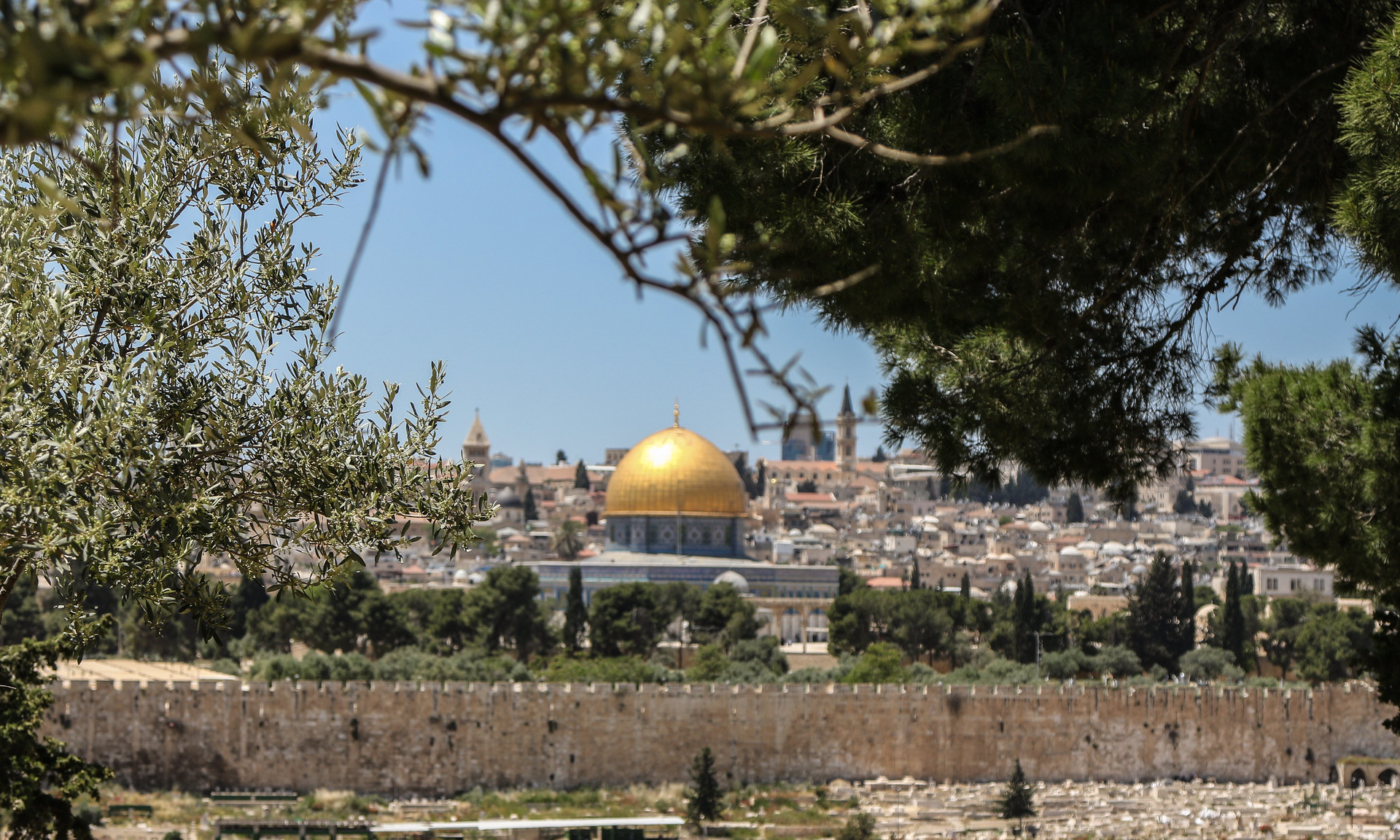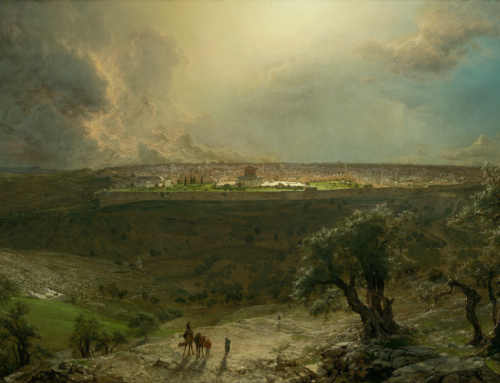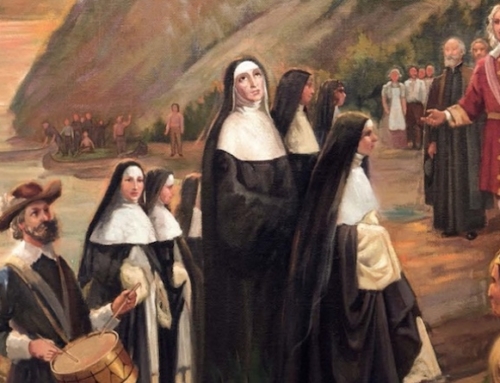Insatiable desire is at the very heart of the Christian life. This desire is the desire to be with God, the Creator and Redeemer, for ages unending. It is the desire to enter once and for all into that heavenly city that “has no need of sun or moon to shine upon it,” but rather has “the glory of God” as its light and the “Lamb” as its lamp (Rev 21:23). Cultivating this desire to be with God is the great work of the Christian spiritual life. In order to strengthen our own desire and hope for the heavenly kingdom to come, we can look specifically to the monastic tradition as a guide.
In The Love of Learning and the Desire for God, Dom Jean Leclerq explains that to understand “the desire for Heaven . . . so dear to the heart of every contemplative,” one must “evoke the spiritual atmosphere in which monastic culture flourishes” (Leclerq, 58). The man who enters the monastery desires first and foremost to “draw close to God” and “the angels and the saints who surround him” (60). In other words, he desires to be with God by faith in this life in anticipation of loving union with him in the next. Through meditation, prayer, lectio, and the celebration of the sacraments, the monk’s desire for the heavenly city increases, and the monastery becomes a kind of “Jerusalem of anticipation, a place of waiting and desire, of preparation for that holy city toward which we look with joy” (60).
The monk understands himself as a “dweller in Jerusalem” and as a citizen of “one and the same Church in Heaven and on Earth” (61). This desire becomes for him a sweet yet bitter cross that informs and organizes the whole of the monk’s life: “to love without seeing, and yet to watch constantly, to keep his eyes on nothing but God, invisible yet present” (62). The monk lives a life of loving perseverance as his desire for entrance into the heavenly city grows to an insatiable degree.
Though monks cultivate their desire for heaven by following God into the monastery and by living out the religious vocation, it does not belong only to them to live as “dwellers in Jerusalem.” God calls all the faithful to live as citizens of a Church that is both earthly and heavenly. Living out this citizenship by permeating our daily lives with prayer, the sacraments, and meditation will increase our desires and longings to be with God. Through grace, the Holy Spirit will fan our hearts aflame with an unquenchable thirst for union with God in his heavenly city. It is this unquenchable thirst for the waters “of life, bright as crystal, flowing from the throne of God and of the Lamb through the middle of the street of the city” that orders and informs the whole of our lives unto its hopeful fulfillment in loving union with the God who is Father, Son, and Holy Spirit (Rev 22:1–2).
✠
Image: Fr. Lawrence Lew, O.P. (used with permission)







